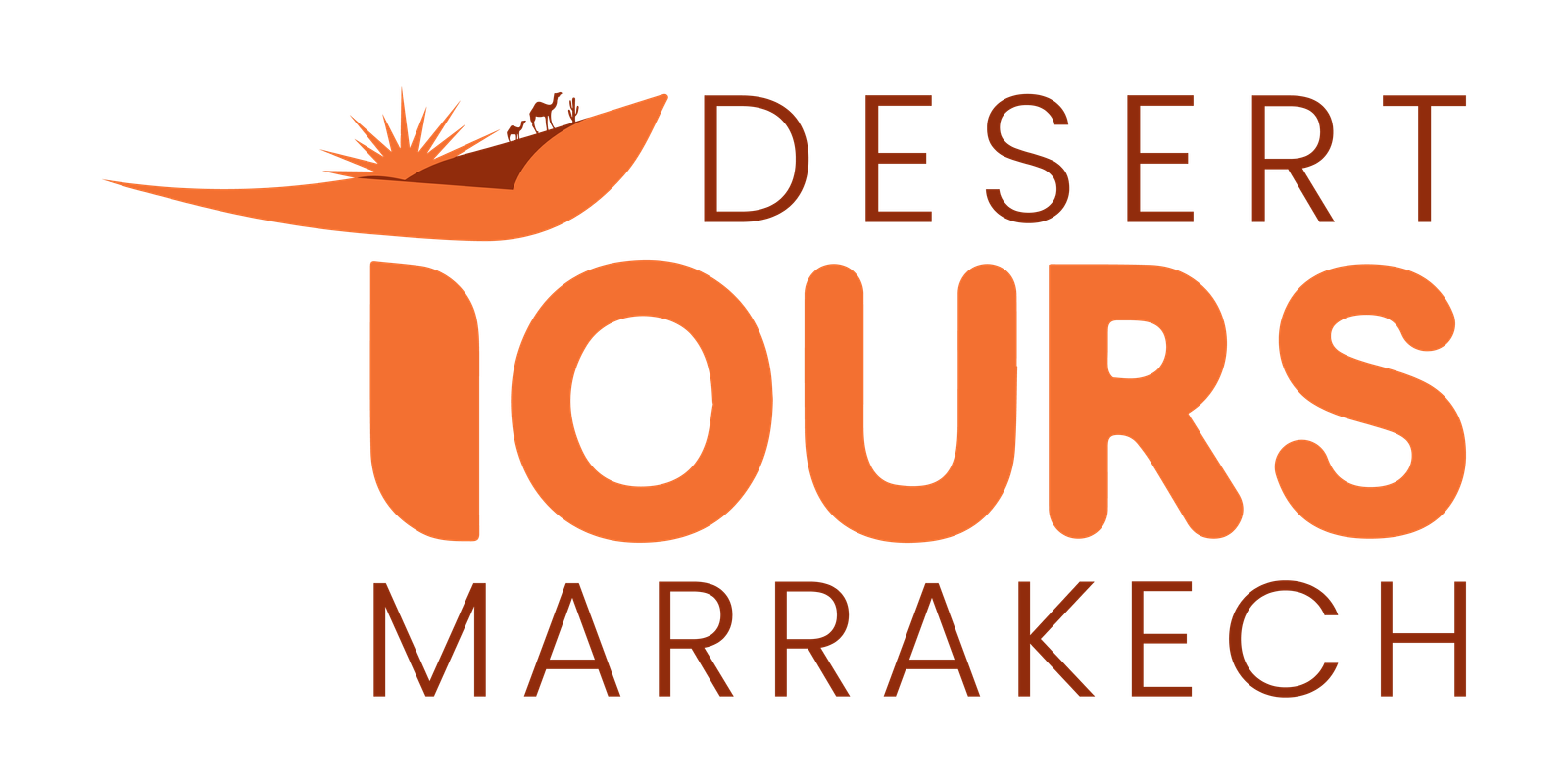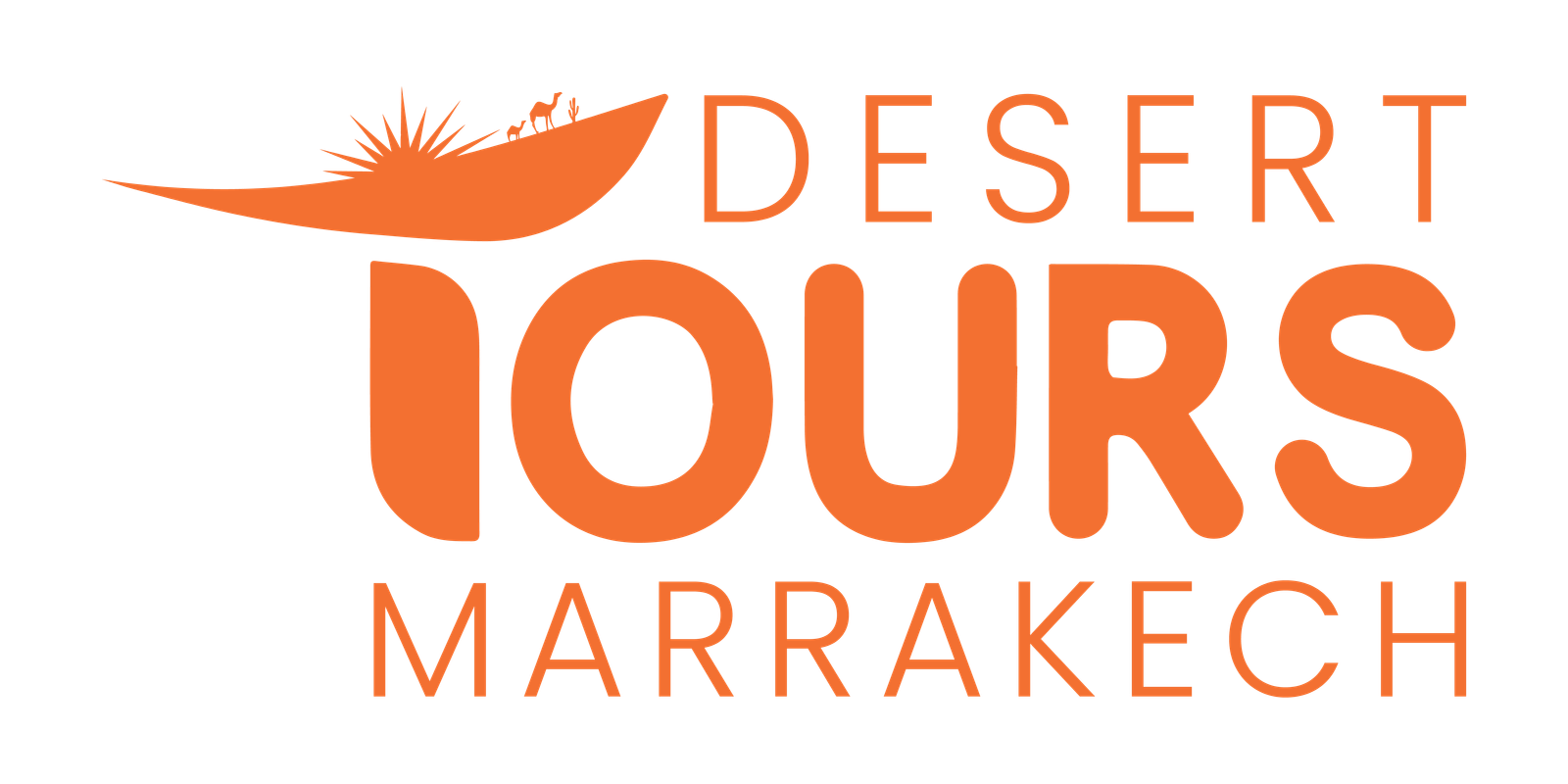Dive Into the Rich Tapestry of Morocco's Largest Indigenous Group: The Berber Tribe Unveiling the Origins of the Berbers
Before embarking on a journey to Morocco, wouldn’t you like to know more about its largest indigenous tribe, the Berber Tribe? Natives of North Africa, it is approximated that there are between 30 and 40 million Berber-speaking people scattered across Africa. They primarily inhabit Morocco and Algeria, with smaller groups residing in Tunisia, Libya, Mauritania, Mali, and Niger. A handful of Berber communities can also be found in Egypt and Burkina Faso.
Tracing the Berber-Speaking Community Across Africa
If you find yourself traveling deep into Morocco’s desert or climbing its magnificent mountains, your guide will more than likely be a Berber. But have you ever wondered about the term ‘Berber’? Interestingly, it originates from the Greek word ‘Barbaros’, translating to ‘barbarian’. Though considered offensive today, the term was used by Greeks to label those who did not speak their language.
Understanding the Historical Evolution of the Berber Tribe
Originally, the Berbers practiced Christianity, Judaism, or Animism – a belief system that attributes souls and spirits to humans, animals, and even the land, nurturing a profound connection between all these entities. However, following the conquest by the Arab nation, the Berbers adopted Islam. Today, while the majority are Islamic, some Christian and Jewish Berber communities persist in Morocco.
Inside the Cultural Realm of the Berber Community
Within the Berber community, unity and community spirit are fundamental. Various tribes, each led by a leader who could be male or female, work in unison. Although tribal conflicts occurred in the past, that era is long gone. Numerous Berber festivals, like the Festival of Fantasia (also known as the Game of Gunpowder) and the Festival of Marriage, mark their calendar, each carrying profound symbolic meaning.
Exploring the Berber Creativity Through Arts, Crafts, and Festivals
As you journey through Morocco, you’ll begin to recognize the distinct arts of the various tribal areas, a testament to the vibrant Berber communities. Women often take the lead in weaving, pottery, jewellery, and fabric design, adding another layer of richness to their culture.
The Melodious Rhythm of Berber Music and Dance
Music and dance are integral parts of Berber culture. The chosen instruments, flutes and drums, fill the air with enchanting tunes at markets, weddings, festivals, and other celebrations. Being a part of a Berber festival is a treat for the senses.
Savour the Authentic Berber Cuisine: A Culinary Expedition
Traveling around Morocco also means getting a taste of traditional Berber cuisine. Couscous and Tagines (lamb, chicken, or vegetable-based) are among the staple foods that you’ll come across.
Interacting with the Berber Culture: Engage with the Local Community
We wholeheartedly recommend engaging with the Berber community, delving into their culture, and soaking up their fascinating stories. Remember, the more you invest in getting to know them, the more rewarding your journey will be!



0 Comment